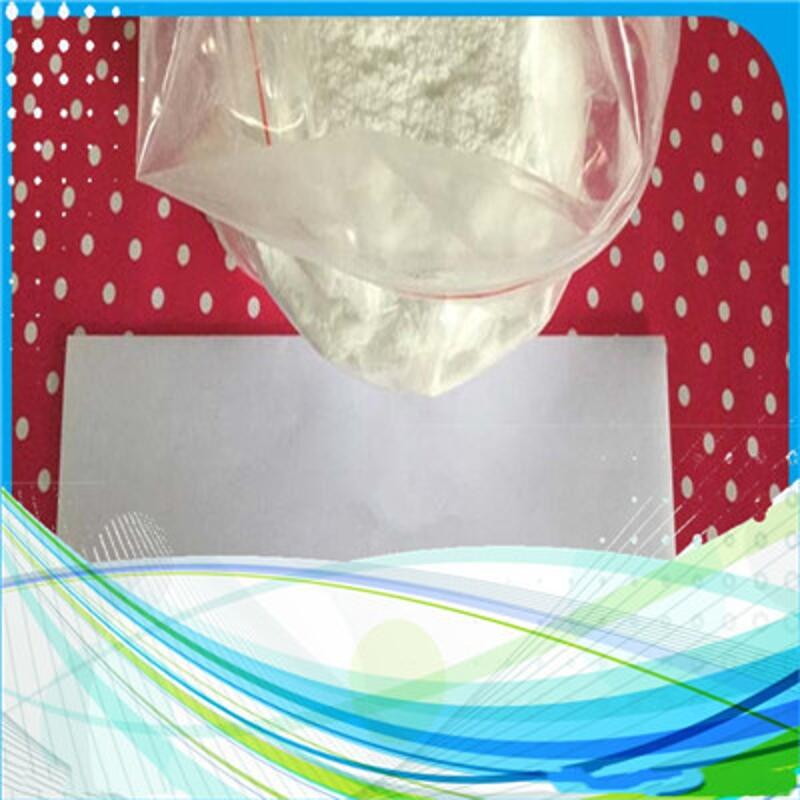-
Categories
-
Pharmaceutical Intermediates
-
Active Pharmaceutical Ingredients
-
Food Additives
- Industrial Coatings
- Agrochemicals
- Dyes and Pigments
- Surfactant
- Flavors and Fragrances
- Chemical Reagents
- Catalyst and Auxiliary
- Natural Products
- Inorganic Chemistry
-
Organic Chemistry
-
Biochemical Engineering
- Analytical Chemistry
-
Cosmetic Ingredient
- Water Treatment Chemical
-
Pharmaceutical Intermediates
Promotion
ECHEMI Mall
Wholesale
Weekly Price
Exhibition
News
-
Trade Service
June 11, 2019 / BIOON / - not all negative emotions are bad In fact, they can guide your behavior in useful ways If you're late in a traffic jam, anger at the situation may prompt you to find another way, which will reduce your stress But if you're in the same situation and you're stuck on the freeway and can't change lanes, anger isn't that useful Emotions have physiological effects, such as increasing cortisol levels in the blood, which can affect your health In fact, a new study published in the journal Psychology and aging shows that high levels of anger in older people are related to poor health Photo source: http://cn.bing.com the Canadian study recruited 226 adults aged 59-93 They collected blood samples to assess the extent of chronic low-grade inflammation and asked participants to report any age-related chronic diseases they might have, such as cardiovascular disease, arthritis, and diabetes Participants also completed a short questionnaire about how angry or sad they experienced in a typical three-day week In the analysis, the researchers considered whether age affected the results They found that higher levels of anger were associated with inflammation and health problems in the oldest participants (80 years and older), but not in the youngest participants (59-79 years) In both groups, sadness was not associated with inflammation or health The study is a cross-sectional study, which means it evaluates a group of people at a point in time In order to have a more comprehensive understanding of the relationship between negative emotions and health, we need to conduct a follow-up study of participants for a period of time, so-called prospective observation study Future research should also consider other factors that may be involved, such as other emotions (positive and negative), clinical depression, stress and personality Although the new study shows a link between mood and health in old age, we don't know whether anger can lead to inflammation and disease, or whether health problems can make people more angry Photo source: http://cn.bing.com negative emotions and health throughout life can help people overcome the challenges in life, but this latest research shows that the role of specific negative emotions is different, especially at different stages of life, so it should be evaluated separately Old age is a time of decline, loss and reduced opportunity If the challenge is difficult or impossible to overcome, anger may no longer be useful and may even lead to health problems Instead, sadness may be psychologically adaptive in old age, helping people accept loss and adapt to it These findings may paint a rather negative picture of the emotional experience of the elderly and its impact However, long-term studies have shown that older people are happier When people were followed for 10 years, positive emotional experiences increased with age, peaked at 64, and never returned to average young people Perhaps the central idea of these findings is that strength and vulnerability come with age Older people's happier findings can be explained by age-related emotional regulation As we grow older, we are better at avoiding or reducing exposure to negative situations and pressures But not all negative emotions can be avoided In the case of persistent high levels of negative emotions, the elderly may be more vulnerable and take longer to overcome physiological responses Putting down negative emotions and stereotypes is a relatively new research field, but a large number of studies have investigated the relationship between attitudes towards aging and health outcomes Holding negative age-related stereotypes early in life can predict cardiovascular problems in later life and brain aging associated with Alzheimer's disease Source: http://cn.bing.com for example, thinking that aging is inevitable may reduce a person's chances of doing things that are good for health, such as exercising or taking prescription drugs Therefore, the release of anger and other negative emotions and attitudes in life may be beneficial to the health of old age It is important that older people have the opportunity to participate in mutually beneficial communities between two generations For example, a project in the United States brings older people to local schools to help children learn to read Intergenerational communication provides everyone with better social support and understanding of aging, and provides opportunities for the elderly to remain active for as long as possible Reference materials: [1] anger linked to illness in old age [2] Meaghan A Barlow et al Is anger, but not sadness, associated with chronic inflammation and illness in old adult? Psychology and Aging 2019 http://dx.doi.org/10.1037/pag0000348 【3】Dawn C Carr et al The Third Age of Life: Leveraging the Mutual Benefits of Intergenerational Engagement Public Policy & Aging Report, Volume 26, Issue 3, 2016, Pages 83-87, https://doi.org/10.1093/ppar/prw013 【4】Ute Kunzmann et al Emotional aging: a discrete emotions perspective Front Psychol., 06 May 2014 | https://doi.org/10.3389/fpsyg.2014.00380
【5】Becca R Levy et al Age Stereotypes Held Earlier in Life Predict Cardiovascular Events in Later Life Show all authors Psychological Science 2009 https://doi.org/10.1111/j.1467-9280.2009.02298.x 【6】Jerry Suls Toxic Affect: Are Anger, Anxiety, and Depression Independent Risk Factors for Cardiovascular Disease?
Emotion Review https://doi.org/10.1177/1754073917692863 【7】 Community in Action







